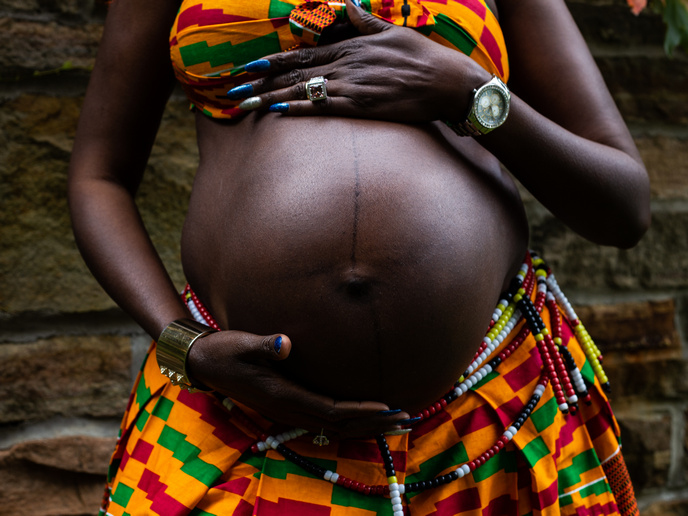A vaccine for placental malaria draws one step closer
Around 250 million people catch malaria annually, and 600 000 die. Most of those who die, or become seriously ill, are children, since immunity gradually develops in survivors. Most cases occur in sub-Saharan Africa. Because of the immunity that gradually develops in survivors, severe malaria is relatively rare among adults there. The major exception to this rule is pregnant women. “Close to 13 million African women had placental malaria in 2022 and hundreds of thousands of children were born underweight as a consequence. The numbers are falling year-by-year, but far less than hoped for,” says Lars Hviid, professor at the Department of Immunology and Microbiology, University of Copenhagen. Hviid is part of the hunt for a practical, durable and efficacious vaccine that could reduce the number of women affected by placental malaria. Through the PAMSEQ project, which received support from the Marie Skłodowska-Curie Actions (MSCA) programme, Hviid’s team set out to answer a conundrum: the molecular details of the interaction between the parasites and the placental tissue are very well understood but placental malaria vaccines are not yet effective. “We want to know how antibodies raised by vaccination differ from those acquired after placental infection. And devise ways to remove that difference,” he explains.
LIBRA-seq and the hunt for antibodies that can recognise variants
Maria del Pilar Quintana, MSCA fellow on PAMSEQ, felt a novel method of identifying antibodies targeting influenza and HIV viruses called LIBRA-seq, could be applied to the placental malaria. The basic problem of placental malaria is that the molecule, called VAR2CSA, that the parasites use to bind in the placenta is highly variable. An antibody recognising one VAR2CSA variant therefore often doesn’t bind to other VAR2CSA variants. “A vaccine using one variant is therefore likely to induce an immune response protecting only against that variant, which is pretty much what the clinical trials of VAR2CSA-based vaccines found,” notes Quintana. Quintana selected seven VAR2CSA variants that differed substantially from each other. She then produced them as proteins that are artificially created using genetic engineering techniques in the laboratory, known as recombinant proteins. Quintana then went on to mix these proteins with the relevant cells from women known to be able to make VAR2CSA-specific antibodies: “The LIBRA-seq method was a game changer here: it enabled me to identify B cells that could bind one or more of my variants with unprecedented efficacy.”
Identifying more monoclonal antibodies that recognise VAR2CSA
To illustrate the efficiency of the approach, Hviid’s lab described the first eight VAR2CSA-specific human monoclonal antibodies back in 2007. Until the project, they were the only ones, but over the three years of PAMSEQ, the team has increased that number to about 1 000. “We now have the information allowing us to make about 1 000 different monoclonal antibodies that all recognise VAR2CSA in different ways, some of them in ways that indicate that they can block the binding between VAR2CSA and placental tissue,” Quintana says. Hviid adds: “PAMSEQ has been an important step towards overcoming the variant restriction of current approaches, but we’re also working on improving the effector function of vaccine-induced antibodies.” Other serious forms of the disease, such as cerebral malaria, lend themselves to similar research, and the team is already thinking about that. As usual, however, it will require substantial amounts of money; and the group is actively sourcing further funding.
Keywords
PAMSEQ, monoclonal antibodies, VAR2CSA, malaria, placental malaria, LIBRA-seq, antibodies







